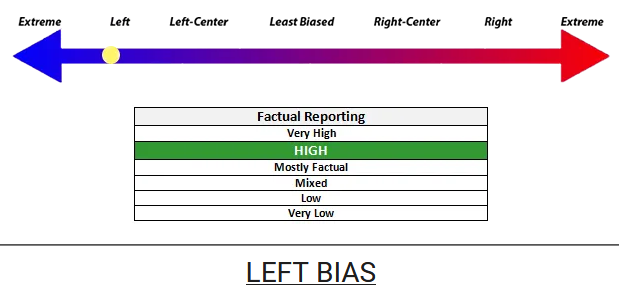I know I repeat myself a lot, but when we come across worldviews that are incompatible with our own (which absolutely will happen, some views simply cannot mix), I think a useful strategy is to then take the next step and shift awareness to the values and polarities that are animating those views to begin with. For example, I disagree with many of FermentedAgave’s stated views (as much as I understand them anyway), but I often feel a very strong resonance with the underlying values, because I can find them within myself as well.
It continues to be my naive hope that, if two people can muster enough curiosity, empathy, and anti-fragility to identify these shared values, then maybe some new views can emerge between us. It’s an uphill battle, here on the internet where each of us lives in our own custom-tuned information bubble that manufactures and mediates the majority of our views for us, but I still have hope 
I think @FermentedAgave’s views about “Marxism/Maoism” are short-sighted and polarized, but I think I can understand the underlying values those perceptions are coming from, values that cause him to be biased toward “rugged individualism” and suspicious of any/all forms of collectivism. I personally find this particular view to be limited, partial, and the result of a broken polarity (comparing the negative qualities of one pole to the positive qualities of another pole). But again, I can resonate with the values that are animating that view. I am also suspicious of collective-oriented solutions that ignore or diminish the fundamental dignity of the individual, just as I am suspicious of our present “late-stage capitalism” that has emerged after four decades of fetishizing individualism, competition, and extrinsic value over intrinsic value.
This is what informs my overall political compass — constantly rethinking my own polarities and preferences, and then applying what I see to the actual pendulums and conditions of the real world. In an integral space, we should probably be automatically suspicious of any particular narrow ideology, because all ideologies are operating within a larger polarity matrix, and emphasizing only one pole over another. (For example, Individualism/libertarianism/rights needs to be integrated with collective welfare/social programs/responsibilities).
So my personal political compass is almost entirely “both/and”, though sometimes when I apply that philosophy to the conditions on the ground, it necessarily takes the form of “either/or”, because “integral politics” is in many ways the art of being skillfully and deliberately partial, and because we are forced to constantly reconcile our ideals with the real-life wrecking ball inertias of the political pendulum. This overall meta-view is what allows me to talk with people who have somewhat different views than myself – libertarians, christian fundamentalists, socialists, CRT-advocates, and yes, even Qanon folks who are still waiting in the streets for the return of JFK Jr. so he can anoint Trump as President 
As for a reminder of what these fundamental political polarities are, which we should be using to constantly rethink our own political philosophy, check out this discussion here:
We live in a time when our political views are rapidly becoming our primary religion. I remain convinced that meta-discussions like these are the only way we can prevent this sort of cultish regression.
tl;dr: Shitty views should be negated, but the underlying values should be transcended/included.
 Do you actually watch or listen to the member discussions we put out every week?
Do you actually watch or listen to the member discussions we put out every week?